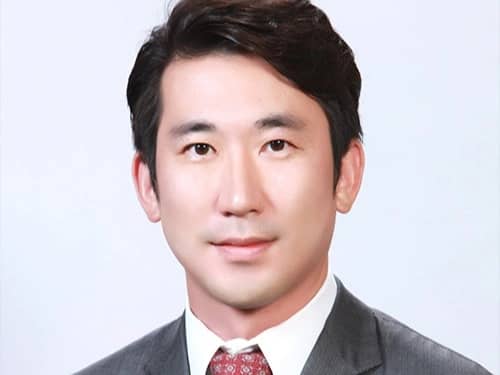订阅 wiki
Share wiki
Bookmark
Jongsub Lee
0%
Jongsub Lee
Jongsub Lee 是一位韩国金融学教授、研究员和政策顾问,他的职业生涯经常涉及数字金融领域的话题,包括去中心化金融 (DeFi)、稳定币和央行数字货币 (CBDC)。 [1] [4]
教育背景
Lee 于 2004 年在哥伦比亚大学工程学院获得金融工程硕士学位。随后,他在纽约大学斯特恩商学院完成了博士学业,并于 2005 年获得金融学博士学位。 [4] [5]
职业生涯
Lee 的职业生涯始于 1998 年至 2001 年在韩国空军担任首席财务官。 后来,他在 2004 年至 2005 年期间在 RiskMetrics Group 工作,担任产品专家,专注于信用风险工具。 2007 年,他曾在德意志银行担任暑期助理。 2010 年,Lee 加入佛罗里达大学担任教员,并在那里工作到 2018 年。 那一年,他搬到首尔国立大学商学院,担任教员,并于 2024 年成为正式教授。
除了学术工作外,Lee 还担任过许多编辑职务。 自 2020 年以来,他一直担任 Asian Review of Financial Research 的副编辑,自 2021 年以来担任 Pacific-Basin Finance Journal 的副编辑,自 2023 年以来担任 The Financial Review 的副编辑,自 2023 年以来担任 International Review of Finance 的副编辑。 在 Asia-Pacific Journal of Financial Studies 上,他自 2020 年以来一直担任副编辑,并于 2024 年被任命为总编辑。
Lee 于 2020 年至 2024 年担任韩国证券协会副会长兼理事,并于 2022 年被任命为韩国金融协会理事。 2025 年,他被任命为韩国金融管理协会和韩国金融工程协会的副会长,以及韩国公共管理协会的理事。
自 2022 年以来,他一直担任韩国企划财政部的财政政策委员会委员,2022 年至 2024 年期间参与金融服务委员会的数字创新和数字资产政策倡议,并于 2022 年至 2024 年担任政府雇员养老金公司的资产管理委员会委员。 自 2023 年以来,他一直担任韩国公共财政研究所和韩国 ESG 标准研究所的顾问,以及釜山区块链自由监管区运营委员会的成员。 此外,Lee 自 2023 年以来一直担任海太制果的董事会成员,自 2024 年以来一直担任大众金融服务韩国公司的董事会成员。 [6]
小组讨论
银行、稳定币和 CBDC
在 2024 年 11 月KBW 的一次小组讨论中,专家们探讨了中央银行和商业银行在稳定币和央行数字货币 (CBDC) 方面的做法。 小组成员包括 Lee、Hakan Eroglu (BIS Innovation Hub)、Kaweewut Temphuwapat (SCBX) 和 Anna Yim (渣打银行)。 他们承认了稳定币的崛起,尤其是在算法变体崩溃之后,并指出法定货币和传统银行资产现在支持着许多稳定币。 讨论强调了 CBDC 和稳定币之间的区别,辩论了它们在金融生态系统中作为替代品还是补充品的角色。 各位专家分享了对支付解决方案创新、监管环境以及 CBDC 的潜在用例的见解,尤其是在提高跨境支付和金融系统的效率方面。 他们强调,商业银行和中央银行之间必须合作,才能驾驭不断变化的数字货币格局,同时还要解决对隐私和监管合规的担忧。 与会者认为,虽然未来仍不明朗,但行业内持续的创新和沟通对于适应金融环境的变化至关重要。 [7]
Oracle 网络
在 2023 年 10 月的 GSU-RFS 金融科技会议上,Lee 和 Daniel Rabetti 展示了他们关于 Oracle 网络在去中心化金融 (DeFi) 协议中的整合及其对金融和信息互联互通的影响的研究结果。 他们讨论了 2021 年去中心化金融的出现,强调了市场走向成熟,协议中锁定的总价值约为 150 亿美元。 研究人员分析了采用 Oracle 技术如何提高 DeFi 协议的互操作性和经济绩效,并将此与国际经济学中的概念进行了类比。 他们的实证研究表明,使用 Oracle 的协议通常会经历积极的经济影响,例如交易活动增加以及在市场危机期间的弹性,例如从 Luna 崩盘和 FTX 崩溃等事件中更快地恢复。 然而,关于安全和集成风险的挑战依然存在,促使人们考虑在不断变化的金融环境中成功实施此类技术所必需的治理机制。 [8]
发现错误了吗?
